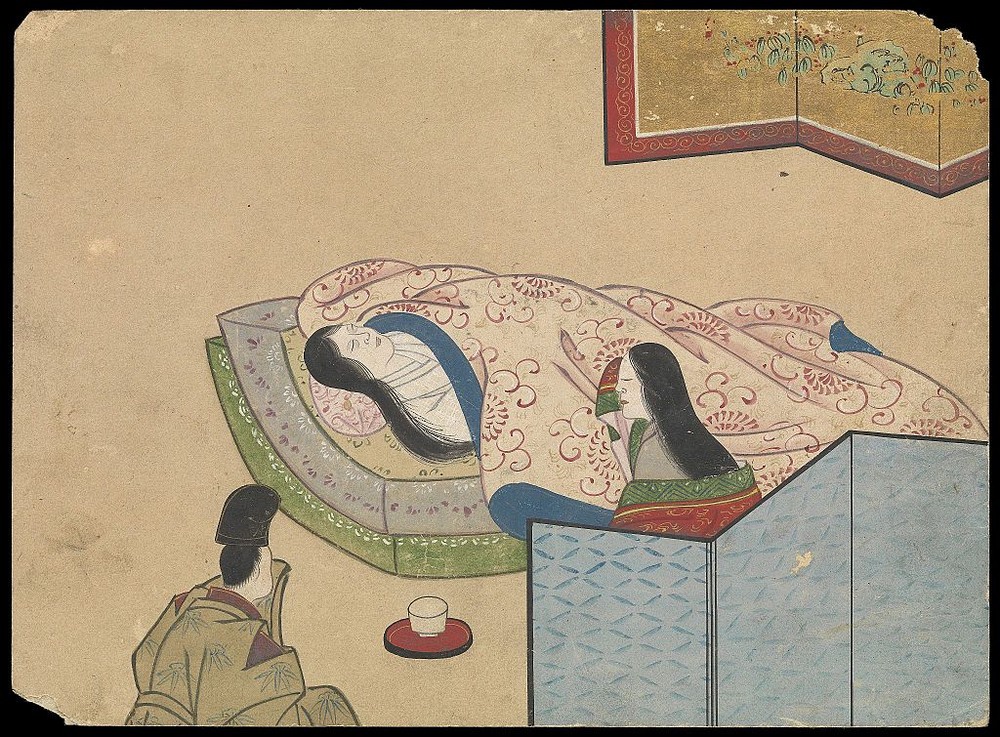

Ukockis's writing style ensures the text is accessible to a general audience.

All feminists will come away with new insights into this abiding scourge and, above all, new inspiration to fight the good fight." - Miriam Potocky, PhD, Professor, School of Social Work, Florida International University "Drawing on in-depth personal interviews, case studies, and academic texts, Ukockis, a social worker and gender studies lecturer, presents a comprehensive and detailed overview of misogyny and how to counter it in the 21st century. Ukockis pulls no punches in this overview of misogyny and its discontents.

Misogyny provides a primer and a plan for the #MeToo era and beyond. Walsh, PhD, MSW, LCSW, Associate Professor and BSW Program Coordinator, School of Social Work, Millersville University "Can feminists be funny? Can men be feminists? Can we create a more just society that upholds the rights and dignity of all human beings? Gail Ukockis answers a resounding yes, yes, and yes. (Feb."The author's insights are authentic, accessible, and relatable. The book will prove engaging to anyone interested in contemporary feminism and the fight for gender equality. She makes the case for men and women alike to become engaged in fighting misogyny and argues that “gender equality promises liberation for everybody trapped by gender roles.” The structure of the text will be familiar to those exposed to academic writing, but Ukockis’s writing style ensures the text is accessible to a general audience. Ukockis explores a wide range of issues such as intersectionality (recounting her path to becoming a trans ally), toxic masculinity (listing and analyzing some of its norms, like risk-taking behavior and power over women), how cultural myths (as of the apocryphal medieval “right of the first night,” in which a feudal lord was entitled to deflower lower-class brides on their wedding nights) sustain rape culture, and more. The overarching goal is not only to define and describe misogyny, but to spur readers to feminist activism, and Ukockis provides a small selection of “action steps” at the close of each section that range from letting young boys cry to donating to abortion funds and approaching one’s governmental representatives. Drawing on in-depth personal interviews, case studies, and academic texts, Ukockis, a social worker and gender studies lecturer, presents a comprehensive and detailed overview of misogyny and how to counter it in the 21st century.


 0 kommentar(er)
0 kommentar(er)
